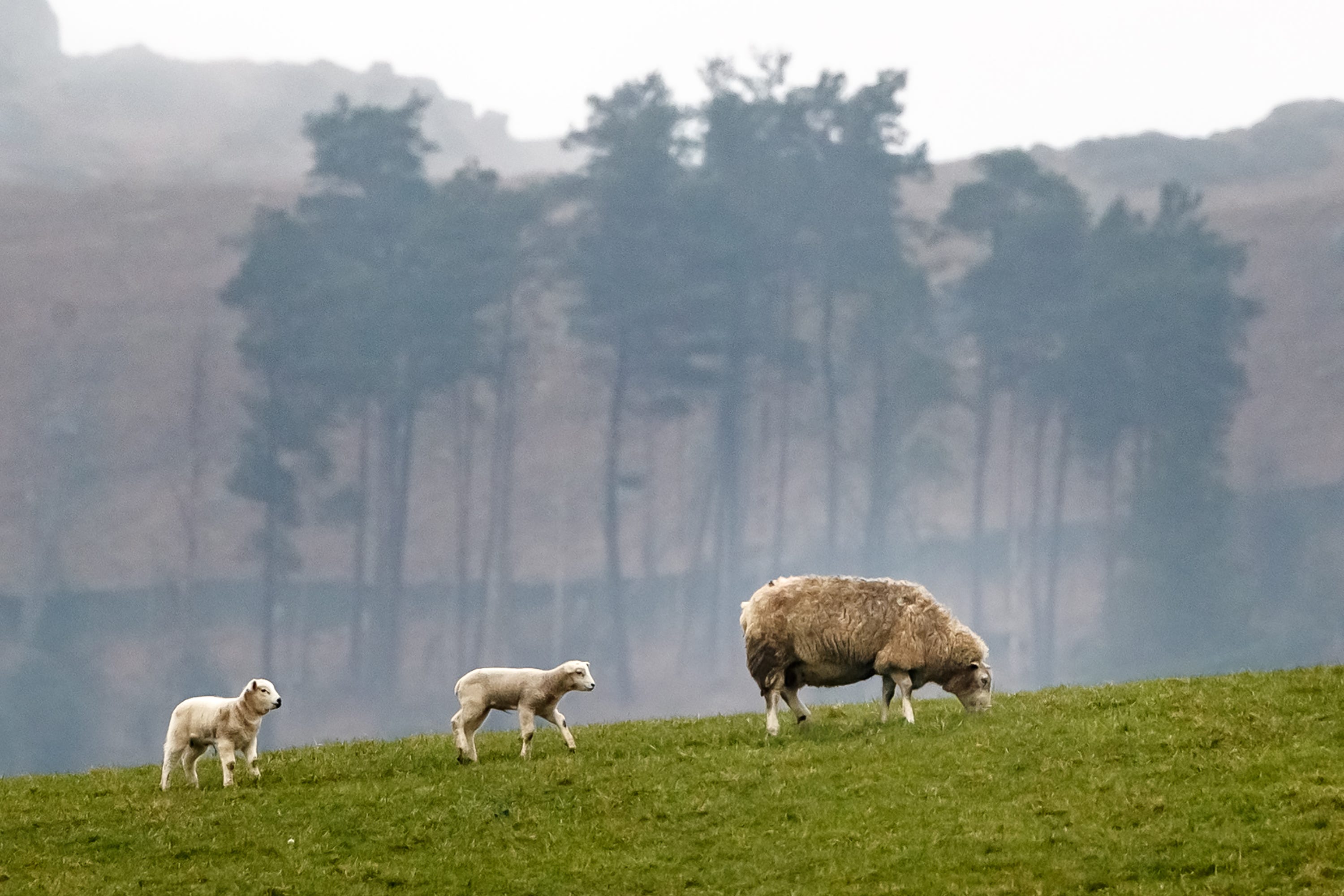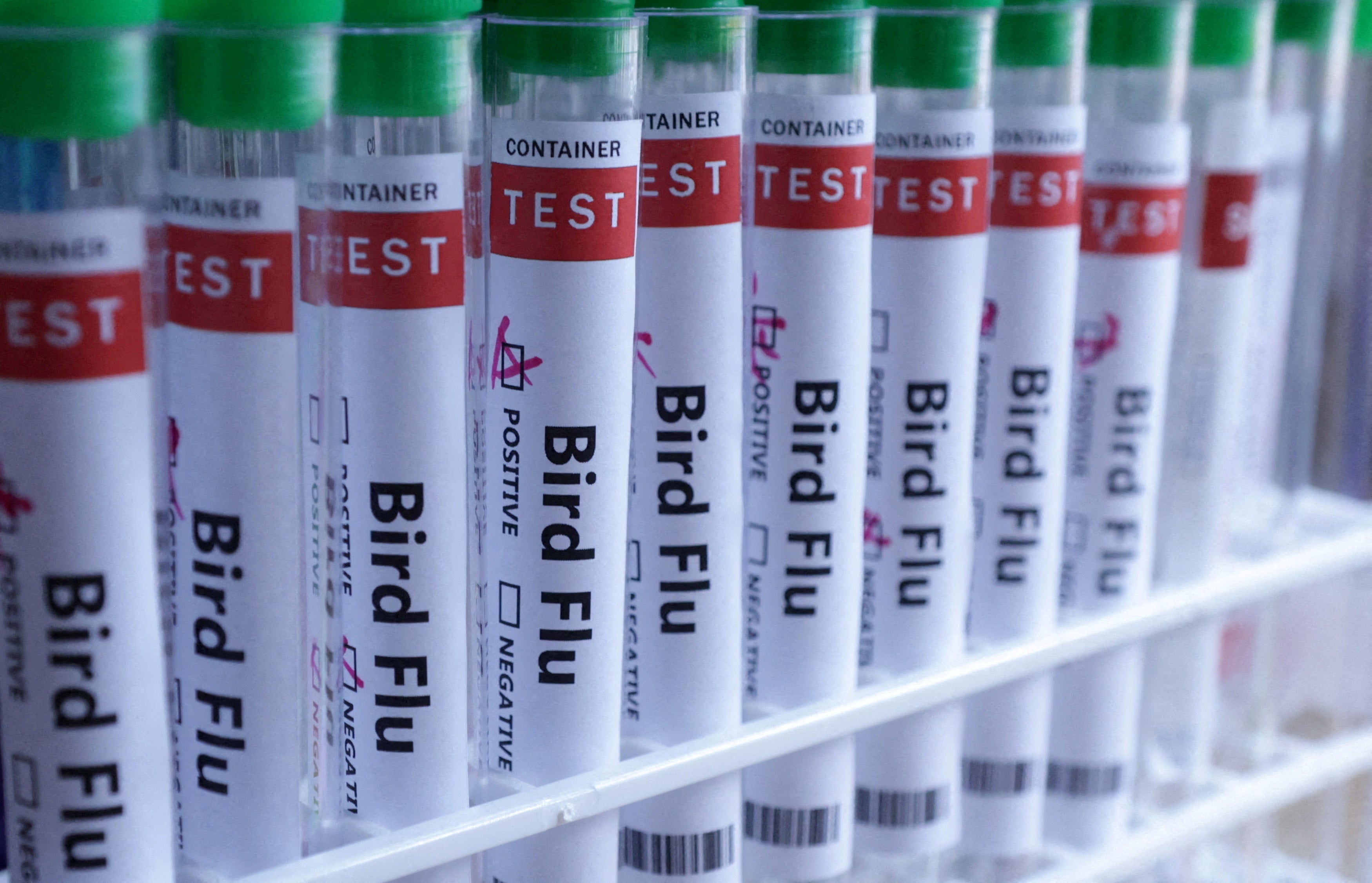Bird flu has been detected in a sheep in England for the first time, the government has said.
"The case was identified following routine surveillance of farmed livestock on a premises in Yorkshire where highly pathogenic avian influenza (H5N1) had been confirmed in other captive birds," it said in a statement.
The government said while this marked the first time H5N1 had been found in a sheep, it was not the first time it had been detected in livestock in other countries. It added that there was no evidence to suggest an increased risk to the country's livestock population.
The infected sheep has been culled and sent for extensive testing. Further testing in the remaining flock of sheep was undertaken and no other infection with avian influenza virus was detected.
Following the infection, the UK chief veterinary officer, Christine Middlemiss, urged all livestock keepers to remain vigilant to the clinical signs of avian influenza following recent outbreaks.

She said: “Strict biosecurity measures have been implemented to prevent the further spread of disease.
“While the risk to livestock remains low, I urge all animal owners to ensure scrupulous cleanliness is in place and to report any signs of infection to the Animal Plant Health Agency immediately.”
The UK Health Security Agency (UKHSA) has said that avian influenza is primarily a disease of birds and the risk to the general public’s health is very low, but warned people should not touch any dead or sick wild birds they find.
Dr Meera Chand, Emerging Infection Lead at the UK Health Security Agency, said: “Globally, we continue to see that mammals can be infected with avian influenza A(H5N1).
“However, current evidence suggests that the avian influenza viruses we’re seeing circulating around the world do not spread easily to people – and the risk of avian flu to the general public remains very low.
“UKHSA will continue to monitor the situation closely alongside Defra, DHSC, Animal and Plant Health Agency and Food Standards Agency.
“UKHSA has established preparations in place for detections of human cases of avian flu and will respond rapidly with NHS and other partners if needed.”
Properly cooked poultry and poultry products, including eggs, remain safe to eat and avian influenza poses a very low food safety risk since the virus is not normally transmitted through food, the Food Standards Agency advises.
Robin May, Chief Scientific Adviser at the FSA said: “We are working very closely with Defra, UKHSA and Food Standards Scotland following the discovery of avian influenza virus in a sheep in the UK. Our advice remains that bird flu poses a very low food safety risk to UK consumers since the H5N1 virus is not normally transmitted through food.
“We continue to monitor the situation closely and will assess any emerging information to continue to ensure UK food is safe.”
Join our commenting forum
Join thought-provoking conversations, follow other Independent readers and see their replies
Comments
Bookmark popover
Removed from bookmarks